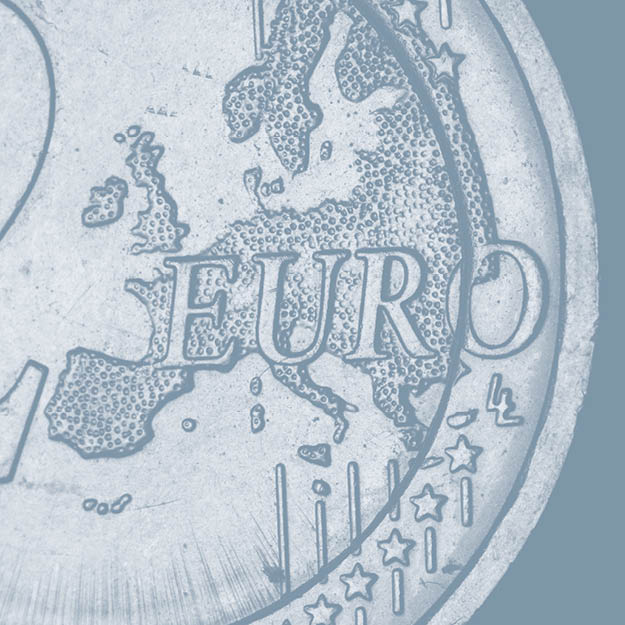Quelles réponses le budget européen peut-il apporter à la guerre en Ukraine?

L’invasion de l’Ukraine par la Russie a suscité un débat : l’UE doit-elle émettre une nouvelle dette commune pour faire face aux conséquences économiques et sociales de la guerre ? Ses partisans soutiennent que les coûts budgétaires estimés de la guerre seront trop élevés pour que l’UE puisse les couvrir par les instruments communautaires existants, à savoir le plan de relance de 800 milliards d’euros adopté pour faire face à la pandémie de Covid et le budget européen pluriannuel. Certes, une partie de ces coûts incombera aux États membres mais la BCE envisageant de revoir à la baisse son programme d’achat d’obligations sécurisées, ces partisans craignent l’apparition de tensions sur les marchés financiers en l’absence d’intervention de l’UE. D’autres rejettent l’idée de l’émission d’une nouvelle dette européenne. Ils estiment que de nombreux fonds communautaires sont inutilisés, notamment dans le cadre du plan de relance adopté pour faire face à la Covid. Au lieu d’émettre une nouvelle dette européenne, ils plaident pour une ré-affectation des fonds européens disponibles afin de répondre à la crise actuelle.
En réalité, cette question n’appelle pas à faire un choix entre deux réponses. Il ne fait aucun doute que les conséquences économiques et sociales de la guerre seront majeures et asymétriques dans l’UE. Une sorte de mécanisme de solidarité peut s’avérer nécessaire pour maintenir l’unité de l’UE, partager les coûts des sanctions et/ou financer les nouveaux investissements européens adoptés. Cependant, la mise en place de nouveaux instruments prend du temps. Il faut élaborer un consensus portant sur le montant supplémentaire nécessaire, sur son affectation et sur sa répartition entre les États membres. Cela ne peut pas être fait du jour au lendemain. En attendant, il convient d’analyser ce qui peut être fait avec les fonds européens disponibles et comment ils peuvent être utilisés correctement.




